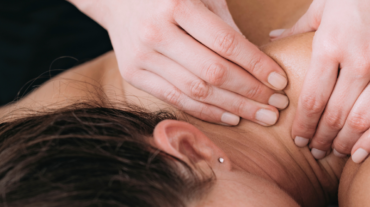What is preeclampsia?
Preeclampsia is a rare but nonetheless serious condition where your blood pressure is raised and there is a significant amount of protein in your urine, possibly caused by an immune response to a shallowly implanted placenta. Preeclampsia usually does not appear until at least the 20th week of pregnancy and may proceed slowly or rapidly, potentially causing serious damage to you and/or your baby. With that said, most women with preeclampsia turn out healthy and deliver healthy babies. The only real cure is to deliver your baby, either by Caesarean section or by inducing labour. However, symptoms may remain for up to six weeks after delivery.
Contact your physician if you think you may be suffering from this complex condition. Signs to look for:
- unusually excessive swelling of the face, hands or feet
- headaches
- abdominal pain
- sensitivity to light
- blurred vision
- nausea and vomiting
- seizures when developing to eclampsia
Symptoms can often be overlooked or misdiagnosed, so it is very important to determine the differences. The most important symptom to be concerned about is epigastric pain, as heartburn is common in pregnancy and should not be confused with the epigastric pain associated with preeclampsia. Contact your doctor immediately if you have unusually painful epigastric pain that is not burning in quality, does not spread upwards, and is not relieved with antacids.
Once diagnosed with preeclampsia, your doctor's actions will depend on how far along you are. After 37 weeks, labour will likely be induced, but before 37 weeks with mild preeclampsia, you will likely be sent home to rest so that your blood pressure can have a chance to lower. Severe preeclampsia before 37 weeks may indicate the need for spending the remainder of your pregnancy in the hospital for continued monitoring.
How can natural medicine help with preeclampsia prevention?
Preeclampsia can be avoided with certain precautions. For example, reducing hypertension and boosting the immune system is common with acupuncture and TCM, and also with exercise such as yoga, along with proper diet modifications such as adhering to a vegan diet. Massage therapy can reduce stress.
Contact us for a FREE consultation on how natural therapy can help you with preeclampsia prevention.
These links may also be helpful:







